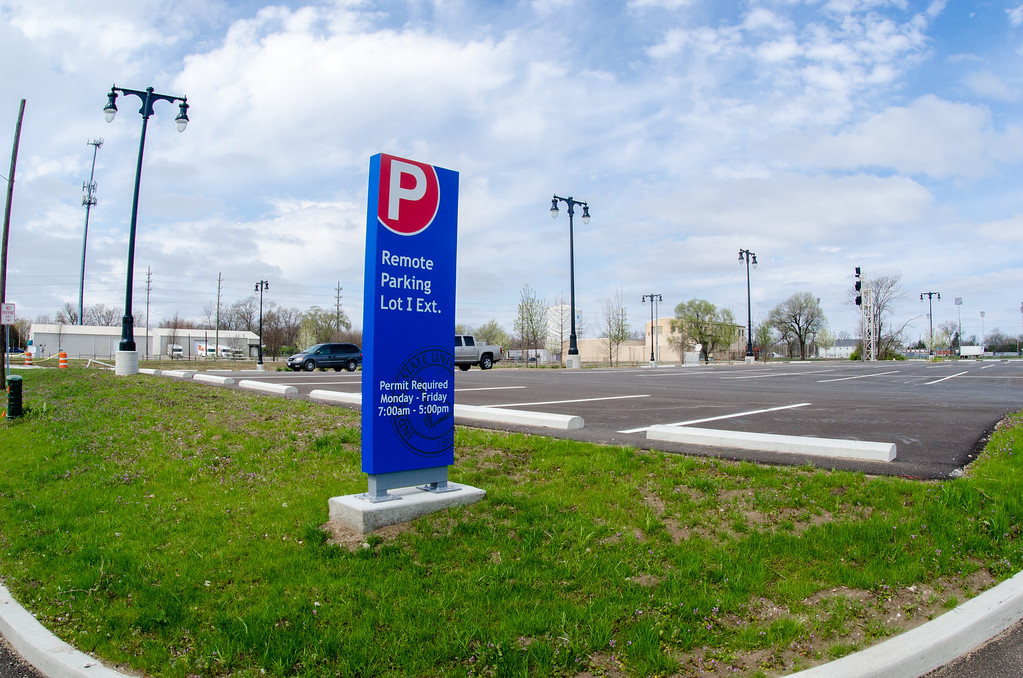You are here
Civil Engineering Technology (CVET)
Description
The Civil Engineering Technology (CVET) degree program awards a Bachelor of Science (BS) degree to successful students through a four-year curriculum.
The CVET program prepares graduates with the technical and managerial skills necessary to enter careers in the planning, design, construction, operation or maintenance of the built environment and global infrastructure. Graduates will be able to analyze and design systems, specify project methods and materials, perform cost estimates and analyses, and manage technical activities in support of civil projects.
The American Society of Civil Engineers (ASCE) is the lead professional society used in addition to ETAC of ABET for developing program criteria, guiding program relevance, and making continuous improvement.
Vision
The Civil Engineering Technology degree program will be a leader in integrating teaching, research, and creative activity in an engaging, challenging, and supportive learning environment preparing productive citizens for Indiana and the world while creating and maintaining a credible presence within the civil engineering sector of education and industry.
Mission
The mission of the Civil Engineering Technology (CVET) degree program at Indiana State University is to prepare graduates with the technical and managerial skills necessary to enter careers in the planning, design, construction, operation or maintenance of the built environment and global infrastructure.
Accreditation
Program Educational Objectives (PEOs)
Graduates two to three years into their career should have the foundation to:
- PEO 1 (Technology) apply disciplinary reasoning, critical thinking, and hands-on skills to identify, analyze and solve problems
- PEO 2 (Communicate) communicate effectively in both oral and written form to articulate technical knowledge, ideas, and proposals
- PEO 3 (Management &/or Teamwork) perform effectively, think independently and work collaboratively in a team environment in a membership or leadership role
Student Outcomes (SOs)
Students at the time of graduation are prepared to demonstrate:
(1) an ability to apply knowledge, techniques, skills and modern tools of mathematics, science, engineering, and technology to solve broadly-defined engineering problems appropriate to the discipline
(2) an ability to design systems, components, or processes meeting specified needs for broadly defined engineering problems appropriate to the discipline
(3) an ability to apply written, oral, and graphical communication in broadly defined technical and non-technical environments; and an ability to identify and use appropriate technical literature
(4) an ability to conduct standard tests, measurements, and experiments and to analyze and interpret the results to improve processes
(5) an ability to function effectively as a member as well as a leader on technical teams
In addition, the graduate will be able to:
- utilize principles, hardware, and software that are appropriate to produce drawings, reports, quantity estimates, and other documents related to civil engineering
- conduct standardized field and laboratory tests related to civil engineering
- utilize surveying methods appropriate for land measurement and/or construction layout
- apply fundamental computational methods and elementary analytical techniques in sub-disciplines related to civil engineering
- plan and prepare documents appropriate for design and construction
- perform economic analyses and cost estimates related to design, construction, operations and maintenance of systems associated with civil engineering
- select appropriate engineering materials and practices
- perform standard analysis and design in at least three sub-disciplines related to civil engineering
Students tackle topic of campus parking availability

(September 2017) The key to happiness at Indiana State University was unlocked by Michael Williamson, assistant professor of civil engineering, and students in his transportation course who conducted a parking study to locate the most abundant parking on campus during peak, weekday hours. Learn more about this project»